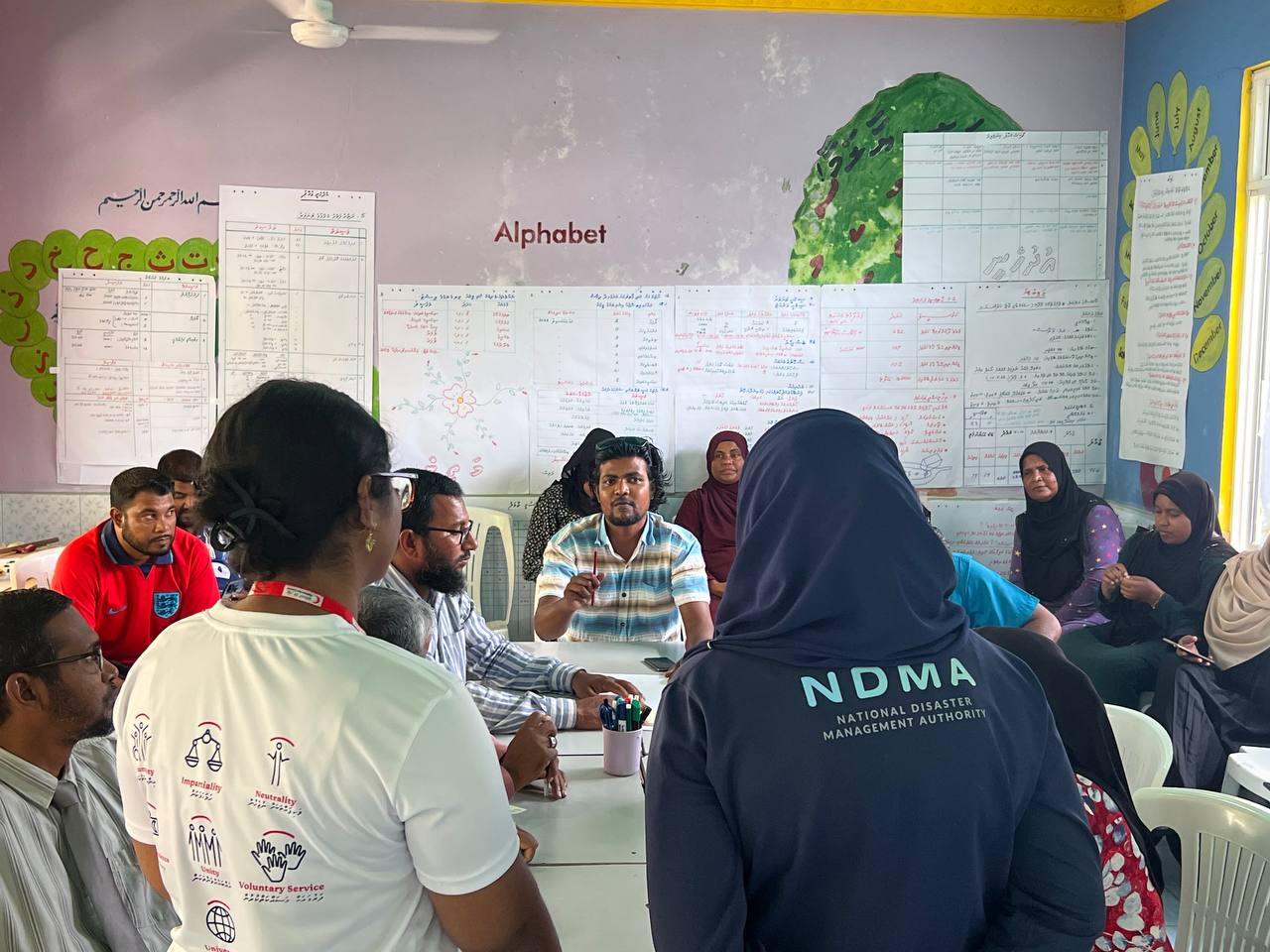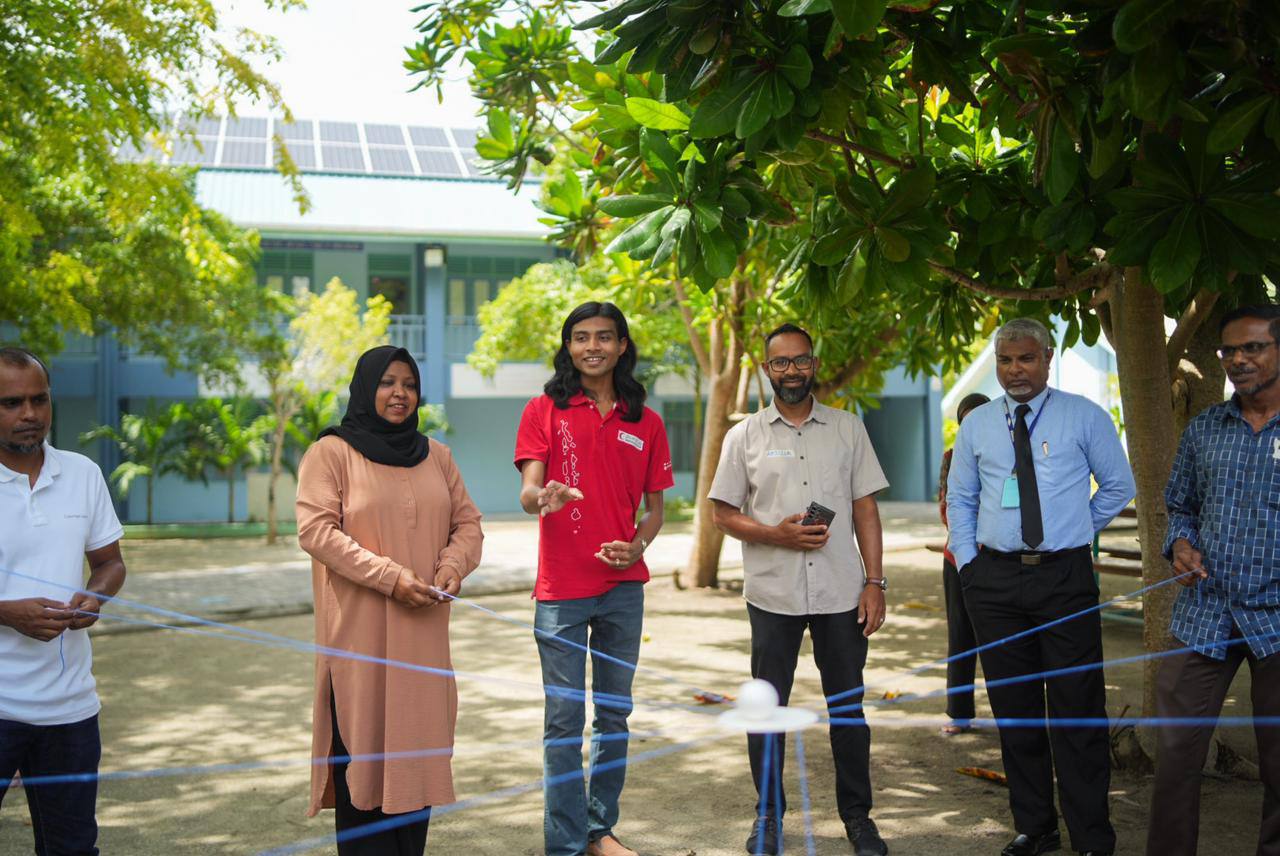Disaster Risk Reduction, Climate
The global climate emergency poses an existential threat to the Maldives. This is mainly due to the country’s geographical composition with its low laying dispersed islands leaving them exposed to sea level rising because of heightening global temperatures. Additionally, the Maldives depends on imported goods and services to fulfill most basic needs, making the country scarce in terms of resources.
Like elsewhere across the globe, in the Maldives, it is vulnerable groups such as elderly people, women and girls, migrants and persons with disabilities who are disproportionately impacted by disasters.
As a humanitarian organisation that responds to emergencies and disasters, the Maldivian Red Crescent bases its work around the concept of resiliency. Striving to reinforce the importance of the role played by the country's environment in increasing the ability of our community to bounce back from disasters and emergencies, MRC recognizes the need to combine developmental work, humanitarian work and climate action. As local ecosystems undergo worsening conditions due to destruction and damage caused by disaster and neglect, promoting the safekeeping, conservation and restoration of these vital ecosystems is vital in reducing disaster risk and building community resilience.


.jpg)